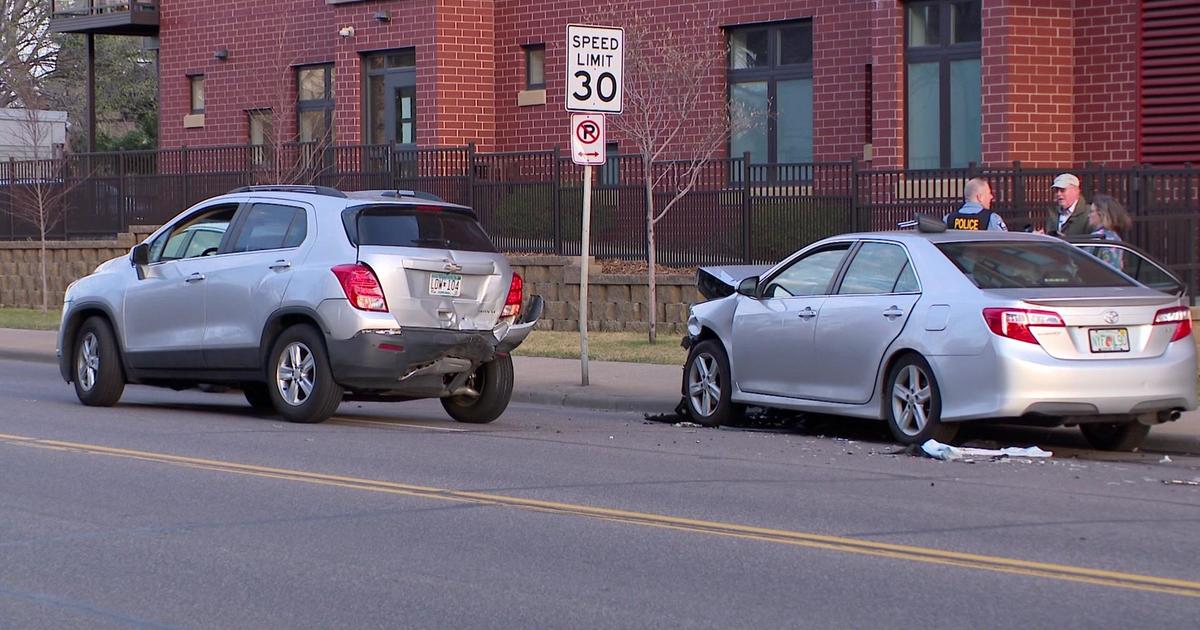Good Question: Why Aren't Large Ammo Purchases Tracked?
MINNEAPOLIS (WCCO) -- No one knew what Colorado theatre shooting suspect James Holmes was up to: buying four guns and 6,000 rounds of ammunition over a period of two months. No federal agency was alerted and no red flag was raised. So, why aren't large ammunition purchases tracked?
"Buying 6,000 rounds of ammunition and 4 guns within 60 days seems like a lot. Is there a system to track big buys like that?" asked Alisha Krueger.
First of all, it's hard to say what would qualify as a "big buy."
On Facebook, Michael Baier wrote, "On any given weekend it's not hard to put 500-700 rounds down range."
Brian O'Neill added, "Most people I know who are serious shooters buy in batches of a minimum 1,000."
"In situations like this, people are driven to do something. The something they do isn't always something that wouldn't help," said Andrew Rothman, Vice President of the Gun Owners Civil Rights Alliance in Minnesota. "There could be a system to track anything, but time and time again we see such tracking systems don't do any good."
Rothman said the instant background check system at the point of purchase for gun sales "has worked," but he worries about extra restrictions.
"Our government is not doing anything to catch the criminals that are breaking the law while they continue to hassle the law-abiding majority," he said.
There are those, however, who think a tracking system for major ammunition purchases of heavy artillery makes sense.
"There aren't systems to make sure someone who's buying excessive amounts of munitions draws a red flag," said Leroy Dawson, an organizer for Protect MN, a Minnesota advocacy group that supports tighter laws on gun sales.
Dawson didn't have a number in mind that would be the appropriate limit to trigger a red flag.
"That's a good question. I think that's something that should be up for debate," he said.
Some states let you only buy one gun per month, and if you buy a lot of handguns, gun shops do report that to the federal government. However, if you buy a bazooka, the FBI doesn't get notified about that. If you buy 100,000 rounds of ammunition, no one hears about that.
"Most purchasers want to buy on sale or buy in bulk, and that's great, but at what expense?" asked Dawson. "It's great you have your hobby. We need to take this seriously, because we're losing lives."
The other practical problem with an ammunition tracking system is the question of what happens if you try to make a big buy. Do you get denied, as is the case with the instant background check on gun sales? Do you get investigated? Prosecuted? And who ends up doing that?
"Do we tell them no, do we make a record of it? After the disaster we can say, 'yep, he bought a lot of ammo.' That hasn't accomplished anything," said Rothman.
"The question is: how far are you willing to take your comfort when we see children dying on the street, numbers of people killed in movie theatres and schools," countered Dawson.
There is one ammo tracking system that some states including California are experimenting with: each bullet gets a serial number. So, if cops find shell casings at a drive-by scene, they can track the bullet back to the buyer. It's expensive and the jury is still out to see if it will be worth the money.



